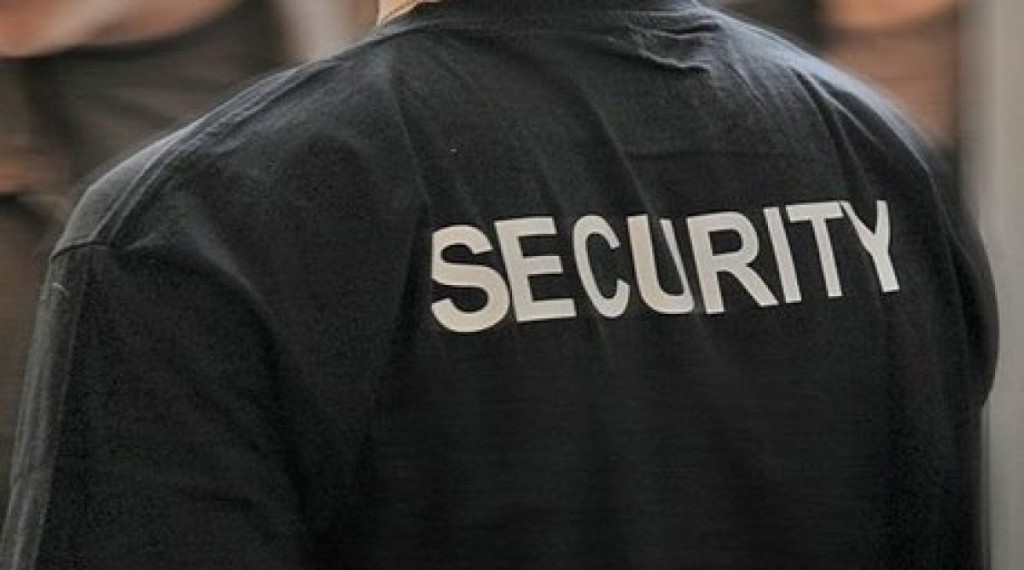Gardner vs. Dist. Ct. (Henderson Water Park, LLC) (Nev. Supreme Ct. – Nov. 22, 2017)
In this proceeding, the Supreme Court of Nevada considered whether seven managers of a limited liability company (LLC) were subject to suit for personal negligence as individual tortfeasors or under an alter ego theory of liability.
The Gardners, on behalf of their child L.G. (the Gardners), filed suit after L.G. suffered injuries resulting from a near-drowning at Cowabunga Bay Water Park in Henderson. The Gardners brought suit for negligence against Henderson Water Park, LLC, which does business as Cowabunga Bay Water Park (the Water Park), and its two managing members, West Coast Water Parks, LLC, and Double Ott Water Holdings, LLC (the member-LLCs). In turn, Orluff Opheikens, Slade Opheikens, Chet Opheikens, Shane Huish, Scott Huish, Craig Huish, and Tom Welch (the Managers) have an ownership interest in, or manage, the member-LLCs, and they also served on a management committee governing the Water Park.
Continue reading “Does the alter ego doctrine apply to limited liability companies (LLC)?”



